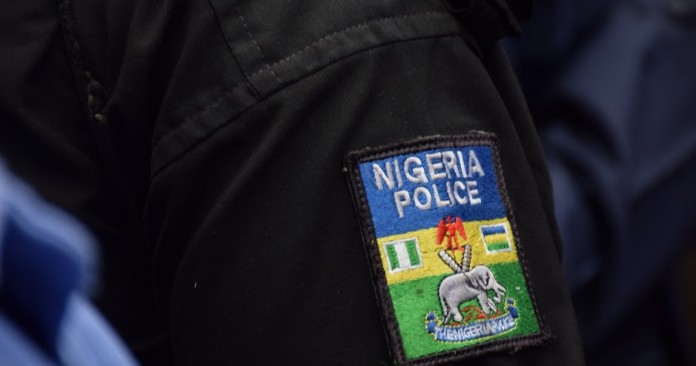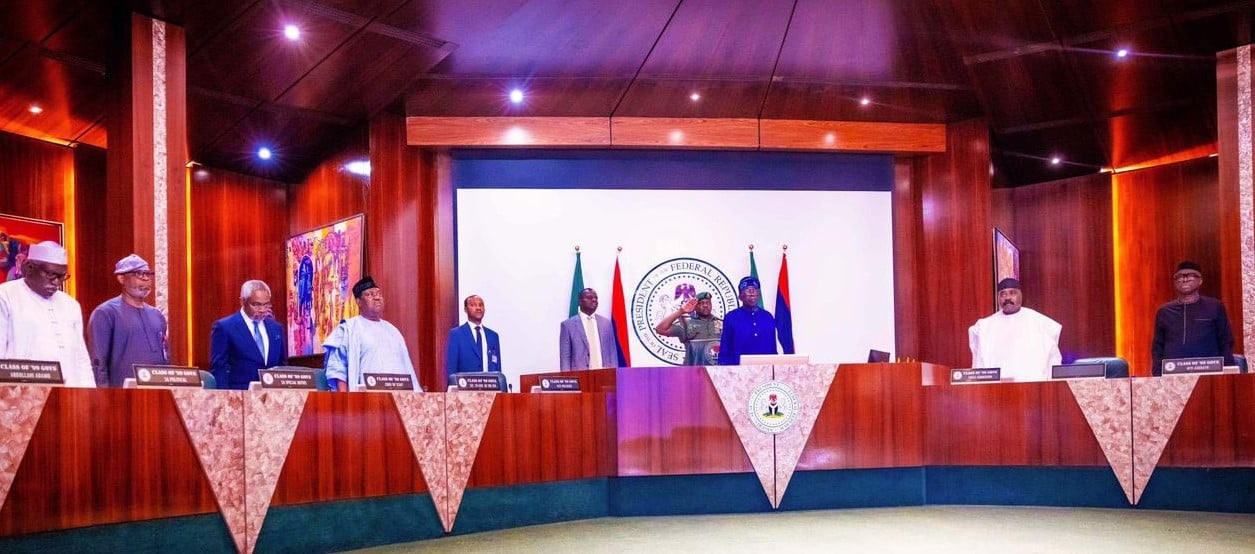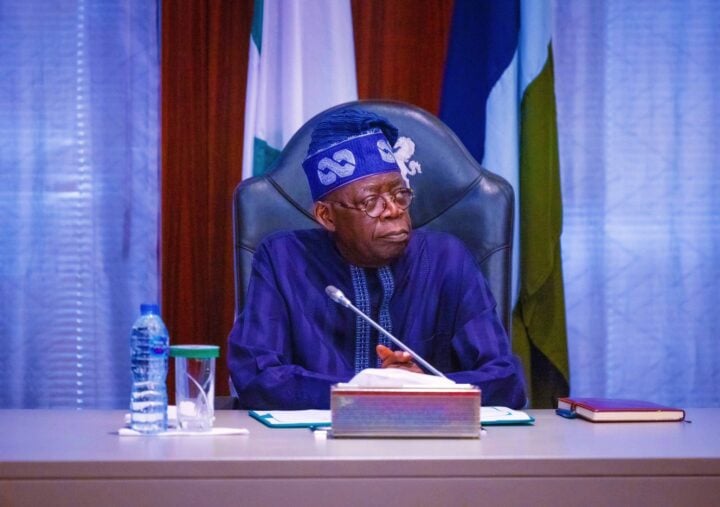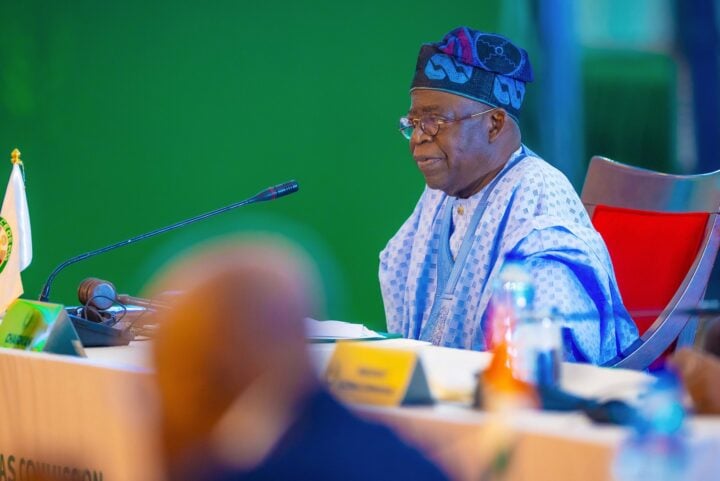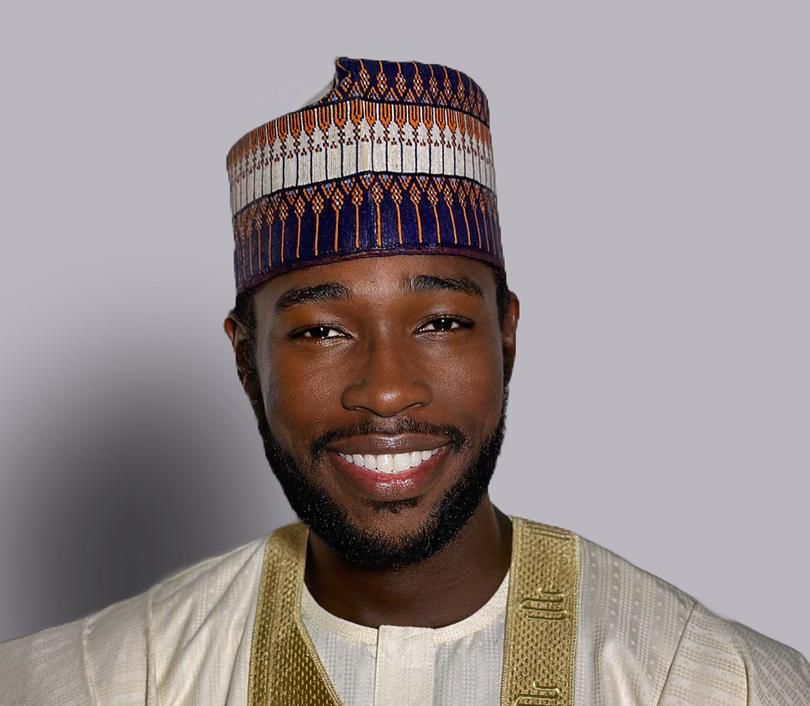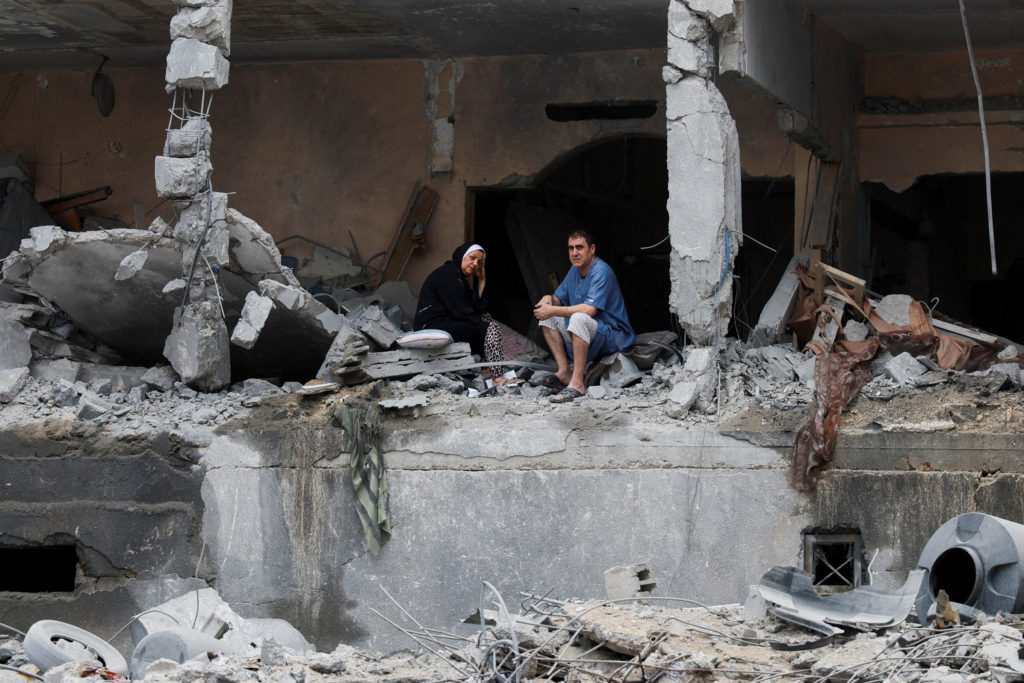What you do not hear in Nigeria probably does not exist, to reformulate the lyrics of a popular gospel song. The latest paranoia across the country appears to be fear of missing one’s manhood. The Punch of 14 October reported that the Federal Capital Police revealed it had received reports of about 62 cases of alleged disappearance of manhood out of which it arrested 51 suspects and charged them to court for misinformation and causing breach of peace in the FCT. Such fears were however not limited to the FCT. The Punch of 13 October 2023 had earlier reported of how one Francis Attah, narrowly escaped being lynched at the New Karshi area of Nasarawa State after he was accused of causing the mysterious disappearance of the manhood of one Jerry Danladi. There are stories that these days many men carry charcoals or bitter kolas in their pockets in the belief that they are antidotes to the charms that would cause one’s manhood to disappear.
The fear that one’s manhood could disappear after shaking hands or having body contact with someone who possessed such mystical power has been with us since the 1970s but would recede intermittently only to resurface again. The same goes with fears that one could be turned into a yam tuber by riding on a commercial motor cycle (Okada) and wearing a helmet given by the ‘Okada man (in those days when it was compulsory for motor cyclists and their passengers to wear helmets).
It was gladdening that the FCT Police took a decidedly different approach in handling cases of reported missing manhood from the way the Kwara State Police handled a similar incident in 2009 when they arrested a goat on suspicion of attempted stealing of a Mazda car. According to the report, a group of vigilantes pursued some hoodlums they suspected of trying to steal a car. As they pursued, one of the hoodlums was said to have mysteriously turned into a goat. Not to be outwitted, the vigilantes promptly arrested the goat and took it to the Police station where the police confirmed the goat was in their custody “pending further investigation.” The goat was later auctioned as the story made international headlines and the country was ridiculed for its belief in superstitions.
In 1975, several parts of Igboland were thrown into ‘mourning’ when Rangers International of Enugu was walloped 3-0 by Mehalla FC of Egypt in Cairo. At that time the Rangers team was seen by many Igbos as more than a football club. The team was hurriedly formed in 1970 (the same year the Civil War ended) to enable the then East Central State (inhabited mainly by the Igbos) to take part in a national football tournament taking place that year. With malnutrition still evident on the bodies and gaits of many Igbos during this time, the hurriedly assembled, ill-trained but well-motivated team surprised everyone by winning that national tournament and qualifying for the 1971 African Cup of Championship. The same year, the same rag tag team reached the final of the Nigerian FA Cup in a pulsating match with IICC Shooting Stars of Ibadan, which they lost narrowly by 1-2. In 1974, the team won both the National League and the FA Cup and accounted for most of the players in the national team, then known as the Green Eagles. Given its successes, Rangers came to be seen by many Igbos as embodying the ‘Igbo Spirit’ of never giving up even in the face of adversity.
Advertisement
It was within the above context that the import of the 3-0 walloping of Rangers by Mehalla FC of Egypt could be understood in Igboland. A story quickly gained ground that Mehalla of Egypt were able to defeat Rangers the way they did only because each time Emmanuel Okala, the giant Rangers’ and Green Eagles’ goalkeeper wanted to catch the ball, it would either split into three or turned into a lion. This seemed to cheer up many people. “Mehalla will see wahala in Enugu,” became a common refrain. Though Ranger overcame Mehalla at Enugu, I doubt if it had anything to do with any charms.
In 1976, when I was a form one student at Oraifite Boys Secondary school, Oraifite (now in Anambra State) we qualified for the junior East Central State’s Junior Academicals Cup, which was to take place in Aba (currently in Abia State). I was the goal keeper. It was a big deal for us because we were told that scouts from Enugu Rangers would come to watch the match. The senior students took us a to a Dibia (balalawo/medicine man) for charms to help us overcome our opponents. After some incantations and shenanigans, he threw a certain object into a bowl of water which turned into a flame of fire (in later years I found there is a chemical capable of causing same reaction when mixed with water). The ju-ju man gave us objects to sew in our underpants and forbade us from taking a shower for three consecutive days prior to our departure for Aba. He also gave us a padlock and said one of the senior boys should call the names of all the players of our opponents or their jersey numbers and then lock the padlock, “and let them play, let me see them”, he boasted. For me as the goal keeper, he instructed that each time they shot the ball to my goalpost I should incant ‘ufio’ (meaning, ‘miss the target’). Unfortunately despite his charm, we lost the match by one zero. When we went back to the ju-ju man for refund of the money which the senior boys had forcefully collected from the students for that purpose, he threatened to make all of us blind if we didn’t leave his compound immediately so we ran back to our hostels for our dear lives.
While the belief in the existence of occult and other paranormal phenomena exists in all cultures, there is something untoward about the way this belief is expressed in Africa, which has led some to conclude that our belief systems are at least part of the reasons why the rest of the world have left us behind in political and economic underdevelopment. Perhaps the African cosmology, which is intensely spiritual, predisposes us to a pattern of belief that verges on the superstitious. Traditionally Africans believe that up above is the abode of God, the Creator and Supreme deity and that below the earth is the world of the ancestors – or the living-dead – who exercise some influence over the affairs of the living.
Advertisement
They also believe that spirits – both good and malevolent ones co-habit the earth with humans. Perhaps this intensely spiritual nature of our cosmology is one of the reasons many Nigerians find supernatural explanations for virtually every occurrence, creating in the process an avenue for brisk businesses by ‘smart’ pastors, Imams and babalawos.
How do the African belief in the supernatural and the occult differ from the way such beliefs are expressed in say the Western culture? Let me illustrate this with just one example:
In the UK in the 1950s, one ‘Dr Carl Kuon Suo’ was peddling a manuscript called Third Eye. Just before the manuscript was published by Secker & Warburg in 1956, its author changed his name to Tuesday Lobsang Rampa. In the book, which turned out to be an instant best seller globally, the author claimed to have been a lama in Tibet and narrated a purported experience of growing up in a monastery there from the age of seven. Dr Rampa also claimed that during that period a small hole was drilled into his forehead, which aroused his ‘third’ (or ‘inner’) eye, giving him very strong powers of clairvoyance.
The spirit of critical inquiry forced Heinrich Harrer, an Austrian mountaineer and Tibetologist, to hire a private detective, Clifford Burgess, to investigate ‘Dr’ Rampa and his claims. The detective was able to unmask Dr Rampa as Cyril Henry Hoskin, an Englishman who was born in Devon, and whose father was a plumber. It was also found that contrary to claims in the book Mr Hoskin had never been to Tibet and spoke no Tibetan. Caught red-handed, Dr Rampa did not deny that he had been born as Cyril Hoskin but claimed that his body was now occupied by the spirit of Lobsang Rampa. Curiously as an undergraduate in Nigeria in the 1980s, Lobsang Rampa’s Third Eye was a sort of intellectual statement to a certain category of students who claimed to be seeking spiritual enlightenment. And this was some thirty years after ‘Lobsang Rampa’ had been unmasked as a fraud in Europe!
In essence, while there are certainly many good things in African culture, I also believe that Africa needs to interrogate some of its belief system to know those aspects that impede its march to modernity.
Advertisement
Adibe is Professor of Political Science and International Relations at Nasarawa State University, Keffi and Extraordinary Professor of Government Studies at North Western University, Mafikeng South Africa. He is also the founder of Adonis & Abbey Publishers and can be reached at 08165970458(Text or WhatsApp only).
Views expressed by contributors are strictly personal and not of TheCable.
Add a comment

